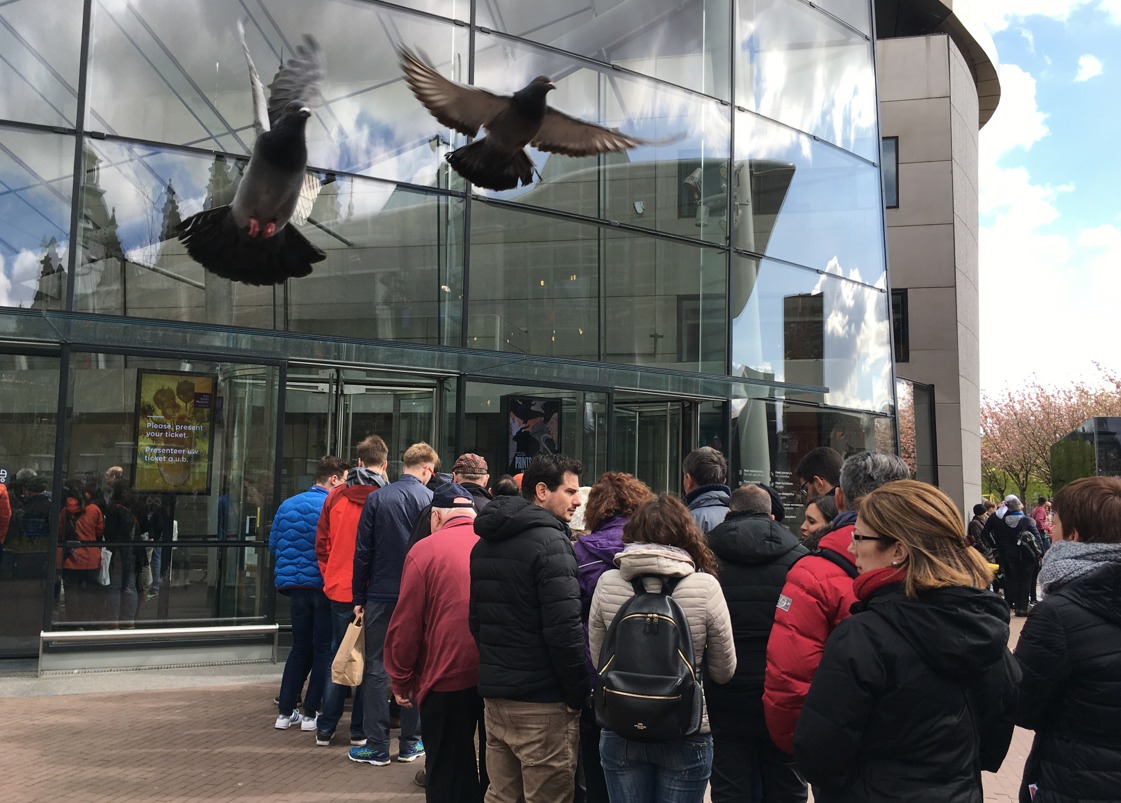Government must invest money in coping with tourism, think-tank says


The Dutch government must invest in ensuring the Netherlands remains a pleasant place to live as tourism continues to grow, an influential advisory body said on Friday.
The Council for the Environment and Infrastructure said ministers must immediately pump money into dealing with the negative impact of tourism because the country is now at a ‘crossroads’.
While tourism generates twice as much money as agriculture for the treasury, just a handful of civil servants are busy with policy, the council points out.
Amsterdam’s medieval inner city, the village of Giethoorn and the windmill village of Kinderdijk are among the most notorious tourist black spots. Earlier this year, roads were closed when tens of thousands of tourists tried to visit the Keukenhof flower gardens.
Coastal villages too, such as Ouddorp, Cadzand and the Wadden Islands, are also feeling the impact of the growth in visitors.
Unorthodox measures, such as renaming Muiderslot Amsterdam Castle, are having limited impact, council member Marjolein Demmers told the Volkskrant. And the idea of removing prostitution from the red light district, now under serious consideration in the capital, shows local officials are running after the facts, she said.
Tourism is often included under local authority economic affairs departments but it impacts so much more, she told the paper. ‘Strategy is limited to promoting a city and then, when it gets too busy, coming up with ideas to limit the nuisance,’ she is quoted as saying in the NRC. ‘This has to be done differently.’
Haarlem
Earlier this week it emerged that Haarlem is planning to take steps to boost the quality of its tourists by acting now, before the problem becomes too great.
‘Haarlem has to learn from Amsterdam and other tourist destinations,’ the policy document said. ‘We don’t want to repair the damage after the fact, but act in advance.’
According to figures from the national statistics agency CBS, tourism generated €87.5bn for the Dutch economy last year, but well over the half the total derived from locals holidaying at home or on day trips.
Domestic tourism
Some €50bn of the total was due to domestic tourism, largely due to the long, hot summer in 2018, the CBS said. Belgians and Germans were the two biggest groups of foreign tourists. In total, tourism-generated income rose 6.4%.
Options available to local councils to control tourism include limiting hotel and holiday rental capacity, raising prices and tourist taxes, and attempting to influence tourist behaviour, the agency said.
In addition, all parts of the Netherlands which are tourist destinations should start work now on drawing up a strategy for the future as should national government, and ensure they build up proper expertise.
Thank you for donating to DutchNews.nl.
We could not provide the Dutch News service, and keep it free of charge, without the generous support of our readers. Your donations allow us to report on issues you tell us matter, and provide you with a summary of the most important Dutch news each day.
Make a donation